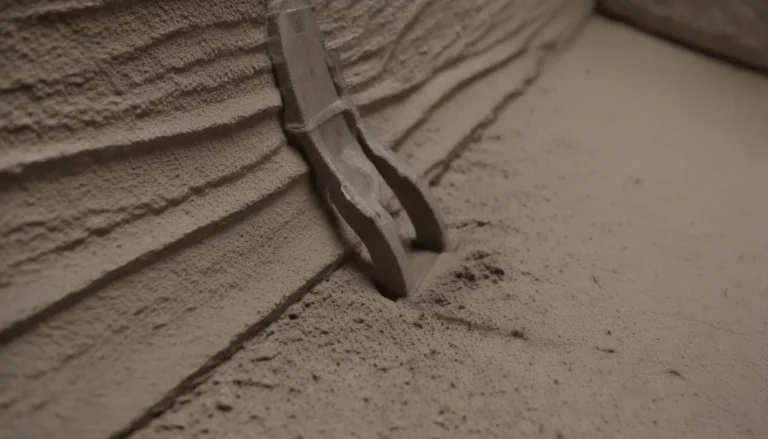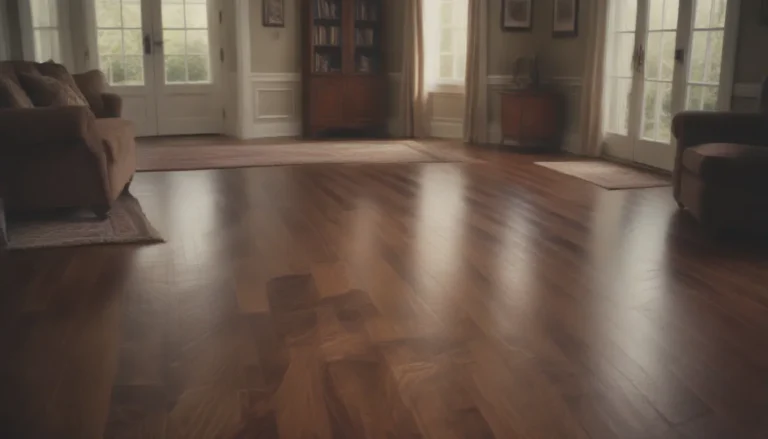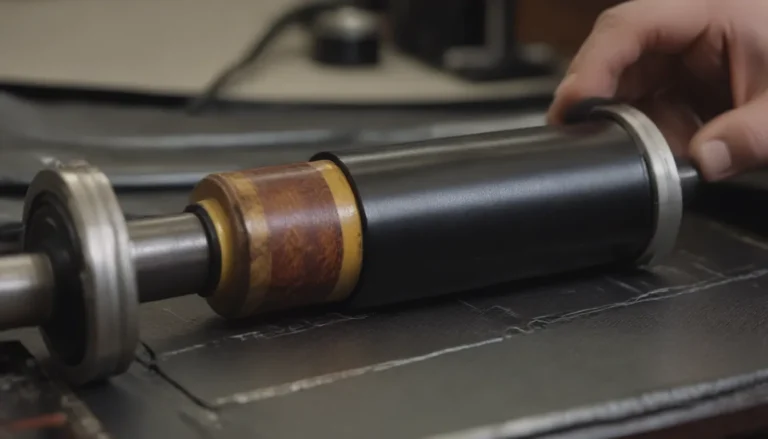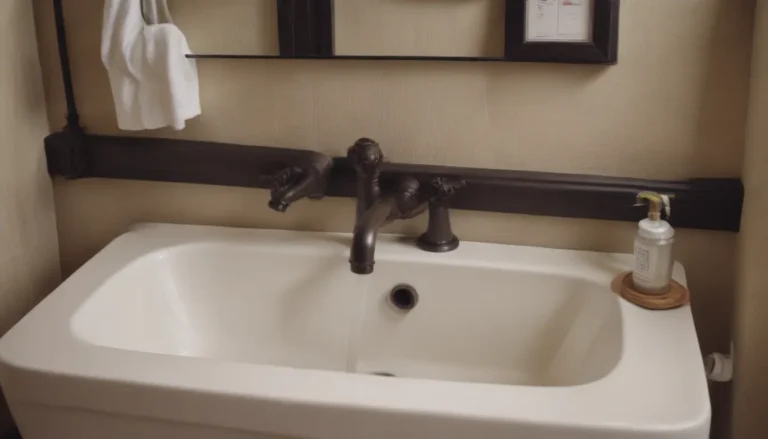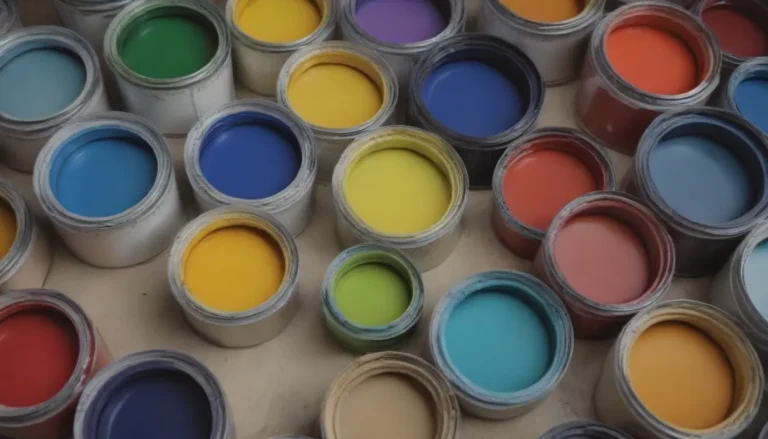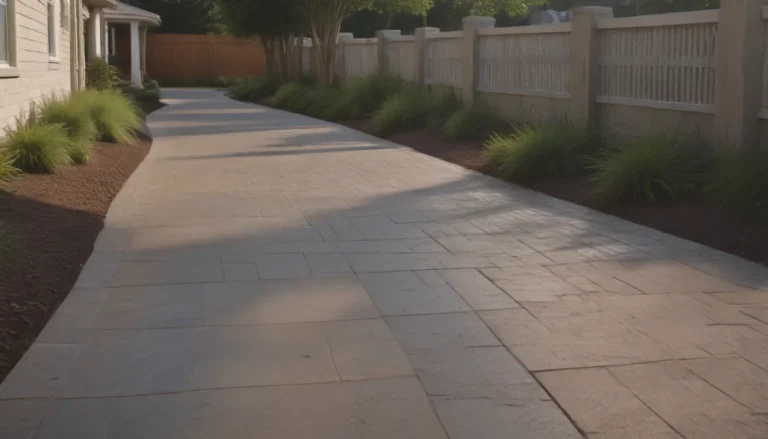All You Need to Know About Glass Block Windows: Cost, Benefits, Disadvantages, and More
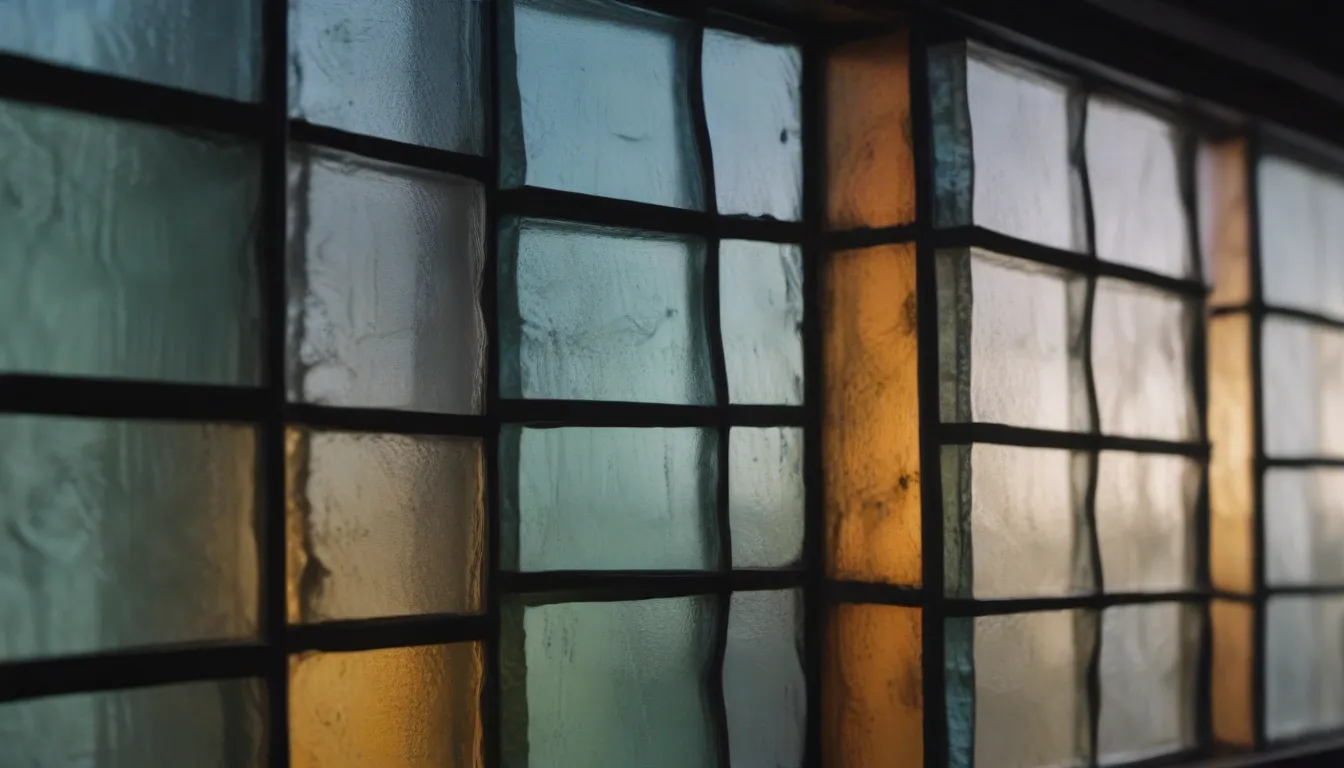
Glass block windows have been a popular choice for homeowners looking to bring natural light into their homes while maintaining privacy for decades. Whether you’re interested in adding a touch of art deco style to your home or simply looking for a unique way to let light in, glass block windows offer a variety of benefits. In this comprehensive guide, we’ll explore everything you need to know about glass block windows, including costs, advantages, disadvantages, installation tips, maintenance, and more.
What Are Glass Block Windows?
Glass block windows are thick blocks of glass, typically between 2 and 4 inches thick, that are inset into a window frame. These multiple blocks of glass are constructed similarly to a brick wall using mortar and sealed with silicone caulk, making them solid and waterproof. If you’re looking for an alternative to traditional clear glass windows, glass block windows offer a stylish and practical solution.
Tip:
Prefabricated acrylic “glass” block windows are a lightweight alternative to traditional glass block windows. Some models are operational, but keep in mind that acrylic blocks can still chip, crack, or become damaged over time.
Is Glass Block Expensive?
The cost of installing glass block windows can vary depending on the size of the window or wall. On average, the cost ranges from $466 to $977, but larger installations can cost up to $5,000. Factors such as the type and color of the glass blocks can also impact the overall cost. Prefabricated glass block windows can be comparable in cost to regular windows of the same size, but on-site construction may incur additional labor and materials expenses.
Here’s a breakdown of the average cost per block:
– Glass:
– Colored:
– Acrylic:
Where to Use Glass Blocks
Glass block windows can be used in a variety of locations throughout your home, including:
– Exterior windows
– Bathroom windows
– Interior non-load-bearing walls in foyers or bathrooms
Privacy is one of the primary reasons homeowners choose glass block windows. These windows allow natural light to filter through while preventing clear visibility from the outside. Whether you’re relaxing in your bathtub or seeking to create a partition in your bathroom, glass block windows offer both functionality and style.
Benefits of Glass Block
There are several advantages to choosing glass block windows for your home, including:
– Privacy
– Natural light
– Energy efficiency
– Durability
– Aesthetic appeal
Glass block windows offer a unique combination of privacy and natural light, making them an attractive option for any room in your home. Additionally, their energy-efficient properties and durability make them a long-lasting investment for homeowners.
Disadvantages of Glass Block
While glass block windows offer many benefits, there are some drawbacks to consider, including:
– Lack of load-bearing capabilities
– Limited ventilation options
– Weight and installation requirements
Despite their sturdy appearance, glass block windows do not have load-bearing capabilities and require a sturdy base for installation. Additionally, ventilation options are limited with glass block windows, as only small vents can be incorporated into the design. Proper installation is crucial to ensure the stability and longevity of glass block windows.
Maintenance and Durability
Glass block windows are a low-maintenance option for homeowners, with a lifespan of up to 30 years. Routine cleaning with a power wash on the outside and occasional resealing of mortar with silicone caulk are all that’s needed to keep your glass block windows in great shape. Minor repairs may be necessary over time, but overall maintenance is minimal.
Glass Block Window Trends
Glass block windows have been a staple in architectural design for decades, with various trends emerging over the years. From the film noir era of the 1940s to modern interpretations in the 21st century, glass block windows continue to be a stylish and functional choice for homeowners. Recent trends include new styles and designs that offer a fresh take on traditional glass block aesthetics.
Glass Block Installation
Whether you’re replacing an existing window or adding glass block to a new construction project, installation is key to the success of your glass block windows. Pre-fabricated kits are available to simplify the installation process, but DIY projects require special considerations such as using glass block mortar and silicone caulk for a secure and weatherproof seal.
Tip:
When installing glass block windows, avoid using regular brick mortar, as it can lead to water damage and instability. Opt for glass block mortar and silicone caulk for a professional and durable finish.
Glass Block Tips
- Glass block windows offer insulation and thermal protection similar to double-pane windows, making them energy-efficient.
- Factory-built glass block windows may be eligible for the Energy Star label, but on-site constructed windows may not qualify.
- Glass block windows are more durable and secure than traditional windows, but they can still chip or crack over time due to their weight and design.
In conclusion, glass block windows are a versatile and stylish option for homeowners seeking privacy, natural light, and energy efficiency. With proper maintenance and installation, glass block windows can enhance the aesthetics and functionality of any room in your home. Whether you’re looking to update your bathroom or add a unique architectural feature, glass block windows are a timeless choice that combines form and function seamlessly.
